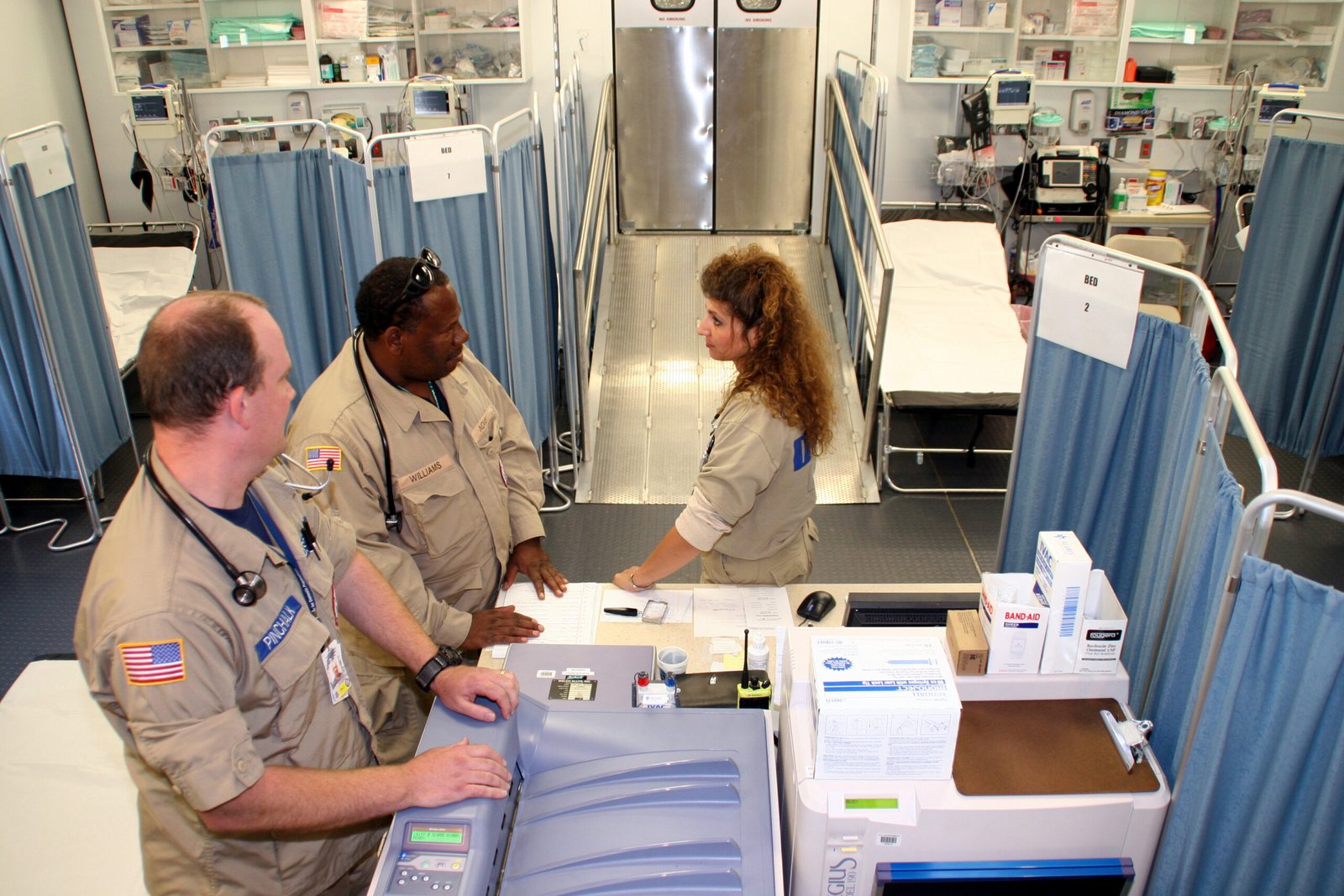The Emergency Department (ED), often referred to as Accident & Emergency (A&E), is one of the most critical departments in any hospital. It acts as the frontline of healthcare, handling a wide array of medical emergencies around the clock. This blog post aims to provide a comprehensive understanding of the role of Emergency Departments in hospitals.
Understanding the Emergency Department
The ED is specially equipped and staffed to provide immediate treatment to patients suffering from all types of emergencies. These can range from severe injuries resulting from accidents, heart attacks, strokes, sudden severe pain, to complex conditions requiring immediate medical attention.
Key Roles of the Emergency Department
The roles of the Emergency Department are manifold and critical to the efficient functioning of the hospital and overall patient care:
- Initial Point of Contact
Often, the ED serves as the initial point of contact for patients with severe or life-threatening conditions requiring immediate intervention.
- Rapid Assessment and Stabilisation
Upon arrival, patients are rapidly assessed, and their condition is stabilised. This process often involves procedures to maintain vital functions like breathing and circulation.
- Diagnosis and Treatment
ED staff are trained to diagnose and treat a wide range of acute medical problems. This includes immediate resuscitation, prompt administration of medication, and initiating other necessary medical procedures.
- Coordinating Care
The ED also serves as a hub, coordinating care with other hospital departments. For instance, if a patient needs surgery, the ED will liaise with the surgical team to ensure timely intervention.
- Observation and Discharge
Some patients may be kept in the ED for observation. Once their condition improves, they may be discharged with advice and medication as necessary.
Challenges and Demand on the Emergency Department
Emergency Departments often face high demand and capacity issues, leading to challenges like overcrowding and long waiting times. However, through continuous improvements in process efficiency, staffing, and resource allocation, hospitals strive to meet these challenges and ensure that patients receive the best possible emergency care.
Conclusion
Emergency Departments play a crucial role in the healthcare system, providing immediate and life-saving care to those in urgent need. The dedicated professionals working in these departments are equipped with the skills and knowledge to handle the most severe health crises, making the ED a cornerstone of any hospital. Despite the challenges they face, the importance of Emergency Departments cannot be overstated.






Recent Comments